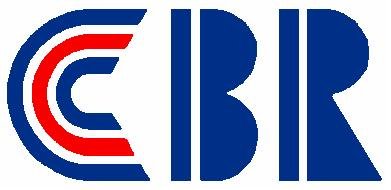Through Executive Decree Number DE-35548, the Consumer Protection Law in Costa Rica has been amended to encompass contracts for future sales of real estate. Now, developers who plan to engage in pre-construction sales must prove their financial capability to the Ministry of Economy, Industry, and Commerce (MEIC). Based on these submissions, MEIC might require these developers to provide performance bond guarantees.
The updated law introduces an 8-day "cooling off" period, during which buyers can withdraw from a contract without any liability, provided they notify the developer within eight days of signing the contract.
Developers looking to sell future-dated properties like condominiums, apartments, or houses are now required to register with MEIC. Registration involves submitting corporate details and information about legal representatives, along with audited financial statements including a balance sheet. These statements must reveal any financial encumbrances on the property, such as mortgages or promissory notes.
Developers are also mandated to detail the guarantee bond they will provide, ensuring the fulfillment of their commitments to buyers. Additionally, a sample of the consumer contract must be submitted to MEIC for approval.
At its peak, Costa Rica was known as the "hottest real estate market in the world." During this boom, there were virtually no regulations on pre-sale property deals, leading to an influx of real estate promoters, many lacking development experience. These promoters often collected deposits with promises of future delivery, which in numerous cases were not met.
With the introduction of this new Consumer Protection Law, Costa Rica aims to be better equipped to safeguard consumers against such risks in the future.



